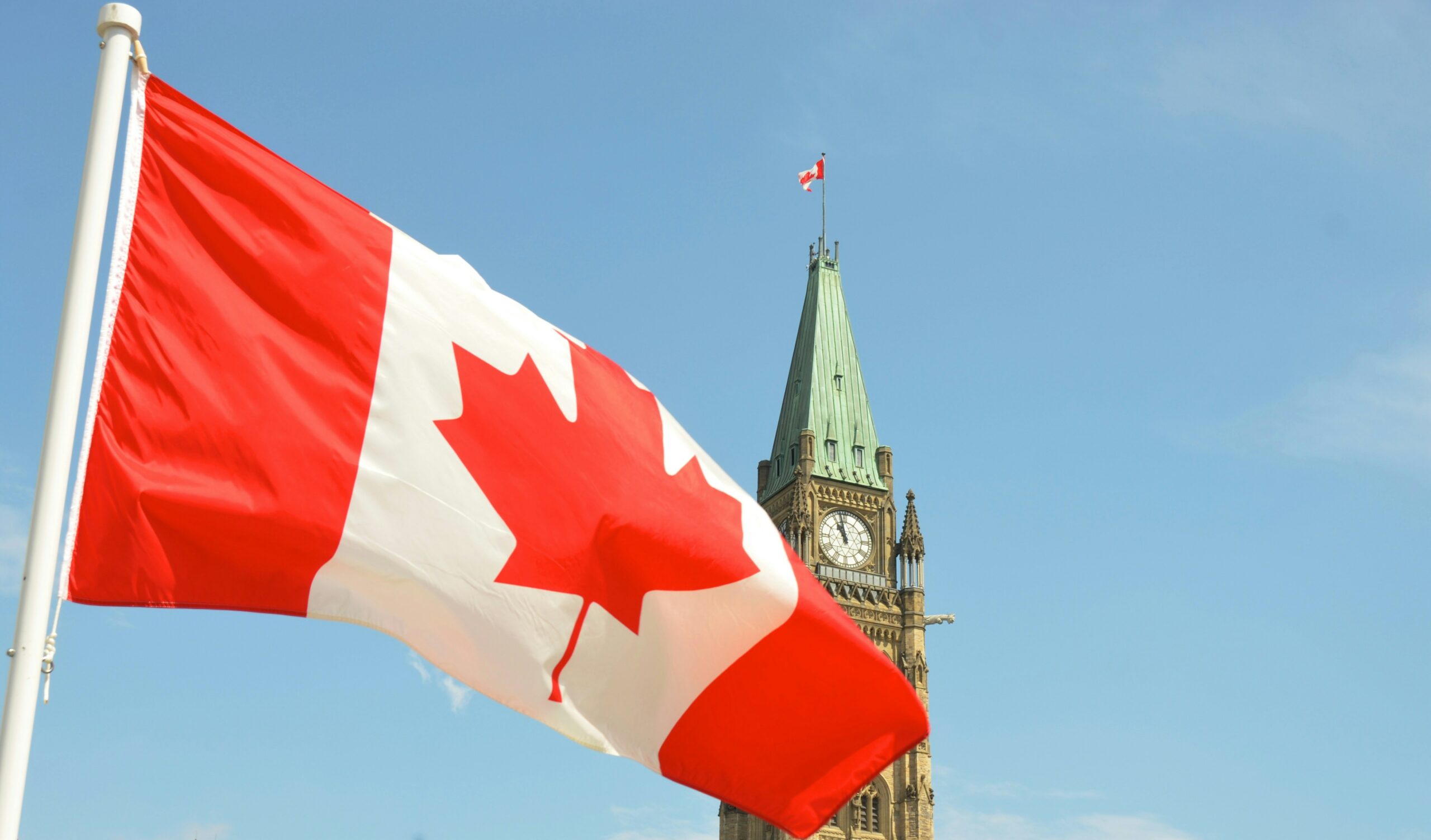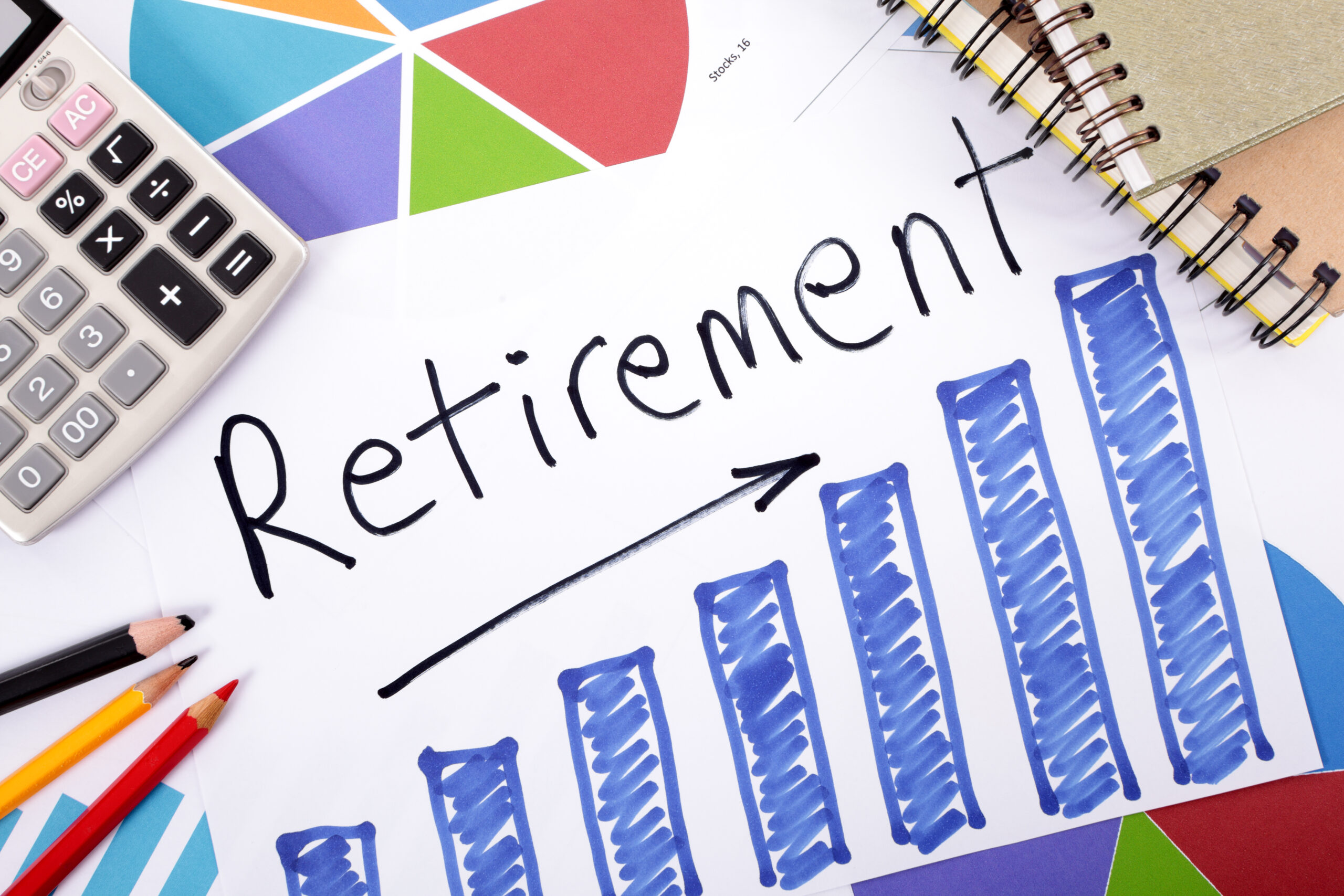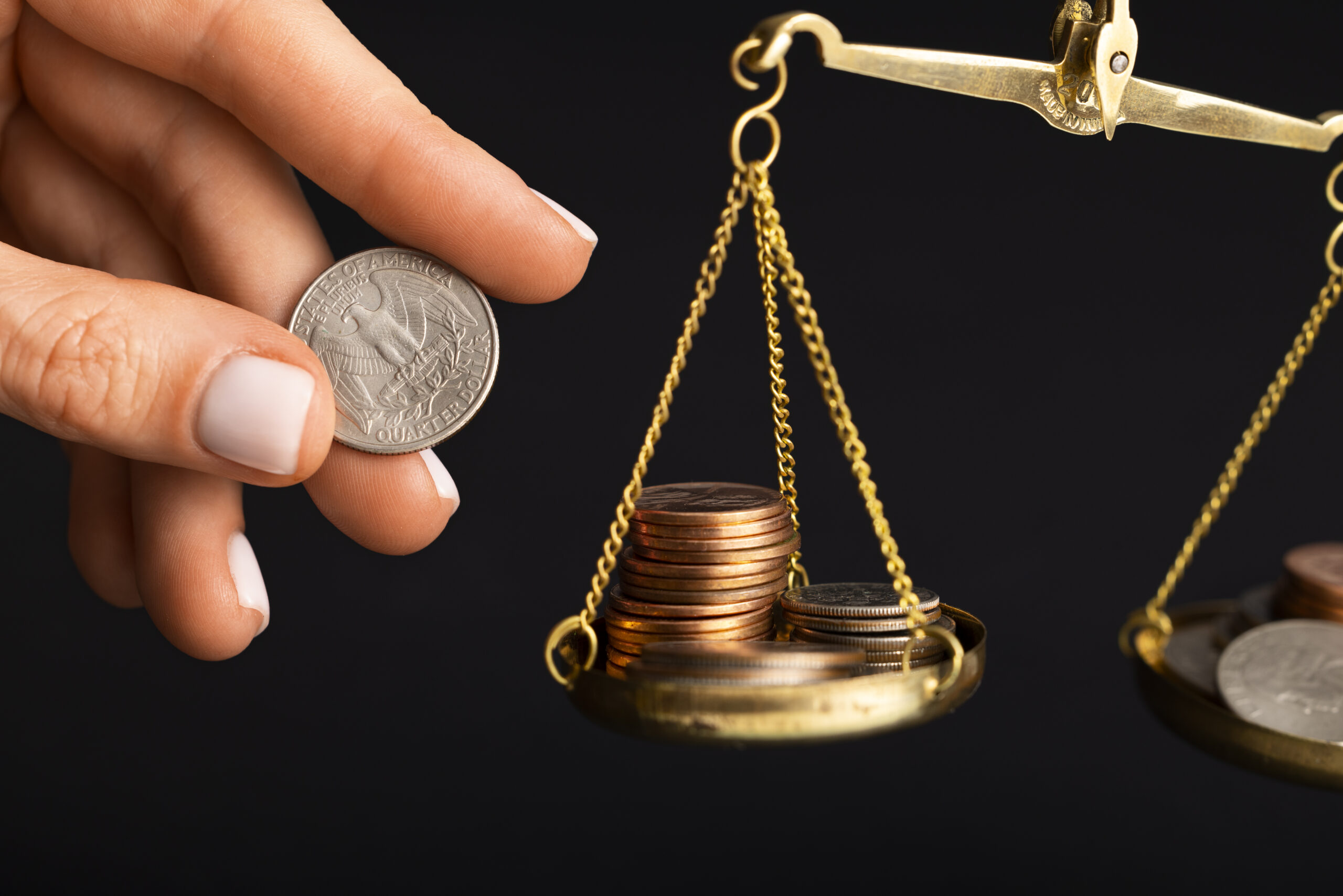
Federal Budget 2024: Canada Hikes Capital Gains Tax to 66.6% for High Earners, Starting June 25
The federal government is raising the inclusion rate to two-thirds from one-half on capital gains above $250,000 realized annually by individuals and on all capital gains realized by corporations and trusts. The proposed higher new rate kicks in June 25, 2024, the government announced in Budget 2024. Right now, only 50 percent of capital gains
Read More
Is Your Car Lease Payment a Tax Write-Off?
Individuals who lease a passenger vehicle for work-related purposes can deduct part of their leasing costs on their tax return. That being said, there is a limit on the amount you can claim. This limit is based on a calculation involving your lease payments and the value of your car. How to calculate your car
Read More
Update on New bare trust reporting requirements for T3 returns
On December 15, 2022, the government passed Bill C-32 bringing into effect new trust reporting rules that apply to trusts with tax years ending December 31, 2023. Included in these new rules are the reporting requirements for Bare Trusts. The new disclosure rules apply to trust-like relationships whereby a person holding legal title to an
Read More
Most Common Mistakes Canadians Make on Tax Return Filing
Filing income tax returns can be a complicated task, hence it’s common for taxpayers to make errors on their returns. These errors might result in overpaying taxes or necessitate returning previously obtained benefits, possibly incurring penalties or additional fees. To help in ensuring accuracy from the outset, we’ve compiled a list of prevalent mistakes made
Read More
Things You Need to Know About High-Interest Car Loans in Canada
Whether you’re buying a new or used car, odds are you’re going to be taking out a car loan. But if this is your first time buying a car or making a purchase of any kind this substantial, you might not be aware of how large loans work in Canada. So, we’re going to explain how
Read More
Financial Goals: How to Set Them and Avoid Debt
Balancing your financial goals amidst existing debts can be tough. Whether it’s student loans, credit cards, or other debt, a significant portion of your income might be allocated toward repayment, leaving minimal funds for savings. Reaching your financial goals takes planning and setting financial goals is a key component to attain financial freedom. Each individual’s
Read More
Saving for Your First Home? Open Your FHSA Now
In Canada, the struggle to find affordable housing is no secret. Prices seem to continue to rise post-pandemic and more and more people continue to get priced out of the housing market. To combat the housing market crisis, the federal government introduced First Home Savings Account (FHSA) as part of its 2022-23 budget. As of April
Read More
2024 RRSPs – How Much Should You Contribute?
What is RRSP? An RRSP, or a Registered Retirement Savings Plan, is a savings plan that you can contribute to over the course of your working life. When you retire, you can convert your account to a Registered Retirement Income Fund (RRIF) and withdraw an income. In the meantime, you can treat your RRSP like a regular
Read More
Getting CRA to Waive or Cancel Penalties & Interest
Canada Revenue Agency (CRA), under provisions of the Income Tax Act that are usually referred to as “Taxpayer Relief”, has the discretion to waive any or all amount of penalties and interest. The provisions can protect a taxpayer who is unable to meet their tax obligations due to circumstances beyond their control. However, this comes
Read More
